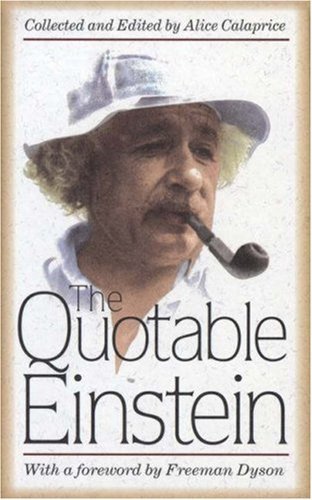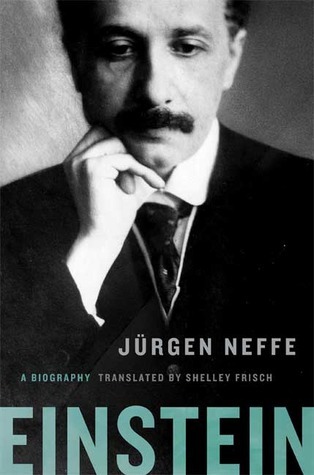
Subtle Is the Lord: The Science and the Life of Albert Einstein
Book Description
A mind unlike any other, Albert Einstein danced on the edge of reality and imagination, unraveling the mysteries of the universe while grappling with the weight of genius. In "Subtle Is the Lord," Abraham Pais immerses readers in the thrilling tapestry of Einstein’s life and groundbreaking theories, revealing the tumult of personal struggles, the excitement of scientific discovery, and the profound impact of his ideas on the world. With each page, the tension mounts as the interplay of ambition and vulnerability comes to life. What cosmic truths did he uncover that continue to challenge our understanding of existence?
Quick Book Summary
"Subtle Is the Lord" by Abraham Pais is a comprehensive biography and scientific examination of Albert Einstein, exploring not only the milestones of his remarkable life but also delving deeply into his groundbreaking scientific theories. Pais, a physicist himself and contemporary of Einstein, offers unique insight into both the personal and intellectual journey of the legendary physicist. The book investigates Einstein’s famous breakthroughs in relativity, quantum mechanics, and statistical physics, weaving these scientific accomplishments with the rhythms of his private life—his triumphs, challenges, and the philosophical implications of his inquiries. Through meticulous research and engaging narrative, Pais presents a nuanced portrait of Einstein, tracing how his revolutionary ideas continually reshaped our understanding of time, space, and the universe while revealing the man behind the myth.
Summary of Key Ideas
Table of Contents
Einstein’s Scientific Revolution and the Evolution of Physics
The book opens by placing Einstein in the context of his early life and education, showcasing the growth of his distinct scientific intuition. Pais details Einstein’s formative years in Germany and Switzerland, emphasizing his nonconformist thinking and the role of curiosity in nurturing his theoretical innovations. The narrative follows Einstein’s early publications—most notably his 1905 "annus mirabilis" papers—which forever changed the landscape of physics by introducing the special theory of relativity and the quantum nature of light, setting the stage for twentieth-century science.
The Interplay of Imagination and Rigorous Thought
Pais delves into the intellectual process by which Einstein developed his theories, especially his path to the general theory of relativity. The interplay between physical intuition, mathematical formalism, and creative imagination is highlighted. Pais shows how Einstein’s philosophical approach—his firm belief in underlying simplicity and harmony in the laws of nature—guided his efforts. The book underscores the painstaking efforts Einstein invested in overcoming mathematical and conceptual challenges, ultimately redefining fundamental concepts like gravity and spacetime.
Challenges and Triumphs in Einstein’s Personal Life
Alongside scientific endeavors, Pais presents Einstein’s personal experiences: the joys and strains of his family relationships, his complex friendships, and the societal pressures he faced as a public intellectual. Details about Einstein’s shifting academic positions and his responses to political upheavals—moving from Berlin to Princeton—provide insight into how historical events intertwined with his scientific productivity. The book also touches on Einstein’s moral considerations and his advocacy for peace and social justice, painting a multidimensional portrait of the man beyond his science.
The Influence and Reception of Einstein’s Work
Pais meticulously describes the reception of Einstein’s work within the scientific community and the broader public. He analyses the initial skepticism toward relativity and the eventual groundbreaking acceptance that made Einstein a global icon. The importance of collaboration and debate among leading physicists, including their varied responses to quantum mechanics and Einstein's own resistance to certain aspects of this new discipline, shows the dynamic and contentious development of modern physics.
Philosophical Insights into Nature and Reality
Finally, Pais reflects on Einstein’s philosophical approach to nature and reality. He explores Einstein’s lifelong quest to uncover the deepest principles governing the universe, such as his pursuit of a unified field theory. The biography closes on the legacy of Einstein’s scientific and humanistic contributions, suggesting that his ideas—rooted in both subtlety and rigor—continue to inspire and challenge our understanding of the cosmos.
Download This Summary
Get a free PDF of this summary instantly — no email required.





